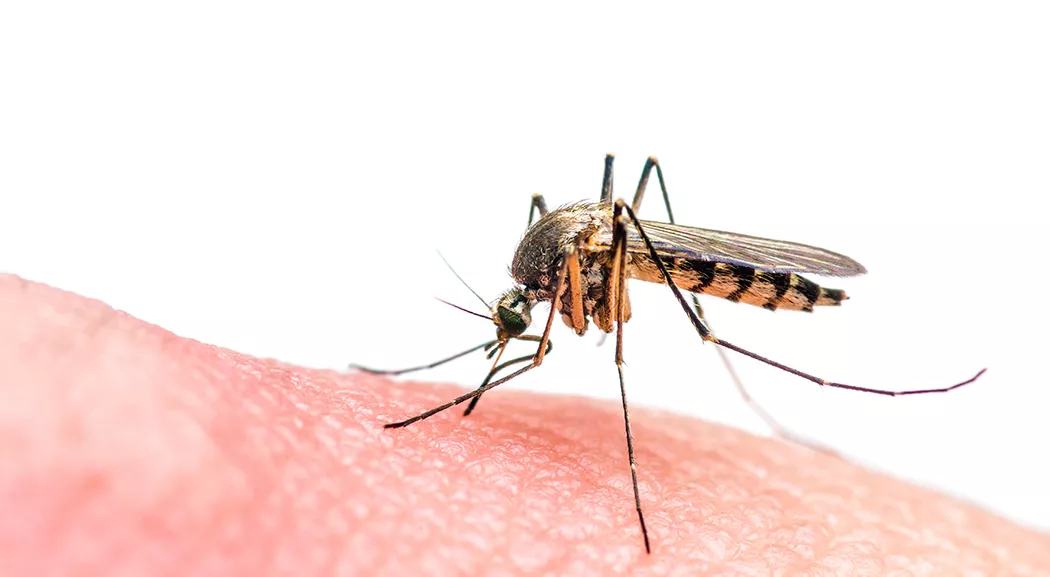by Luminis Health

After the mosquito-borne Zika virus outbreak spread from Brazil to more than 20 countries in Latin America, the World Health Organization labeled it a global health emergency. Zika virus is strongly suspected to have caused microcephaly and other neurological problems in thousands of babies.
As this public health issue unfolds, the Centers for Disease Control and Prevention (CDC) continues to update guidelines for healthcare providers and citizens. At Anne Arundel Medical Center, we’re taking every precaution necessary to potentially evaluate and care for infected patients.
The situation is constantly evolving, but we are staying on top of the latest information from the CDC and WHO,” said Mary Clance, MD, epidemiologist. “We are ready for the Zika virus because of our preparations for other infectious diseases including Ebola, MERS, West Nile and SARS. We have a lot of experience treating diseases coming from returning travelers.
Dr. Clance adds that AAMC is regularly collaborating with the state and local health departments to keep doctors and nurses informed about the virus. “We continue to do all we can to ensure we stay ahead of any possible Zika virus spread and protect our community’s health.”
Here are some things to know about Zika virus:
How is Zika virus transmitted?
Zika virus is transmitted to people primarily through the bite of an infected Aedes species mosquito. These are the same mosquitoes that spread dengue and chikungunya viruses.
These mosquitoes typically lay eggs in and near standing water in things like buckets, bowls, animal dishes, flower pots and vases. They live indoors and outdoors near people. Mosquitoes that spread chikungunya, dengue and Zika often bite people during the day, but they can also bite at night. Mosquitoes become infected when they bite a person already infected with the virus. These infected mosquitoes can then spread the virus to other people through bites.
Zika can spread from mother to newborn during birth, although this is rare. This can happen if a mother is already infected with Zika virus near the time of delivery. It’s possible that Zika virus can pass from a mother to her baby during pregnancy. The CDC is studying how some mothers can pass the virus to their babies. To date, there are no reports of infants getting Zika virus through breastfeeding. Because of the benefits of breastfeeding, mothers are encouraged to breastfeed even in areas where Zika virus is found.
Zika can also be spread through infected blood or sexual contact. The CDC recommends taking precautions.
What are the symptoms?
- About 1 in 5 people infected with Zika virus become ill (i.e., develop Zika).
- The most common symptoms of Zika are fever, rash, joint pain or conjunctivitis (red eyes). Other common symptoms include muscle pain and headache. The incubation period (the time from exposure to symptoms) for Zika virus disease is not known, but is likely a few days to a week.
- The illness is usually mild with symptoms lasting for several days to a week.
- People usually don’t get sick enough to go to the hospital, and they very rarely die of Zika.
- Zika virus usually remains in the blood of an infected person for about a week but it can be found longer in some people.
For more information on the Zika virus, visit the CDC website



